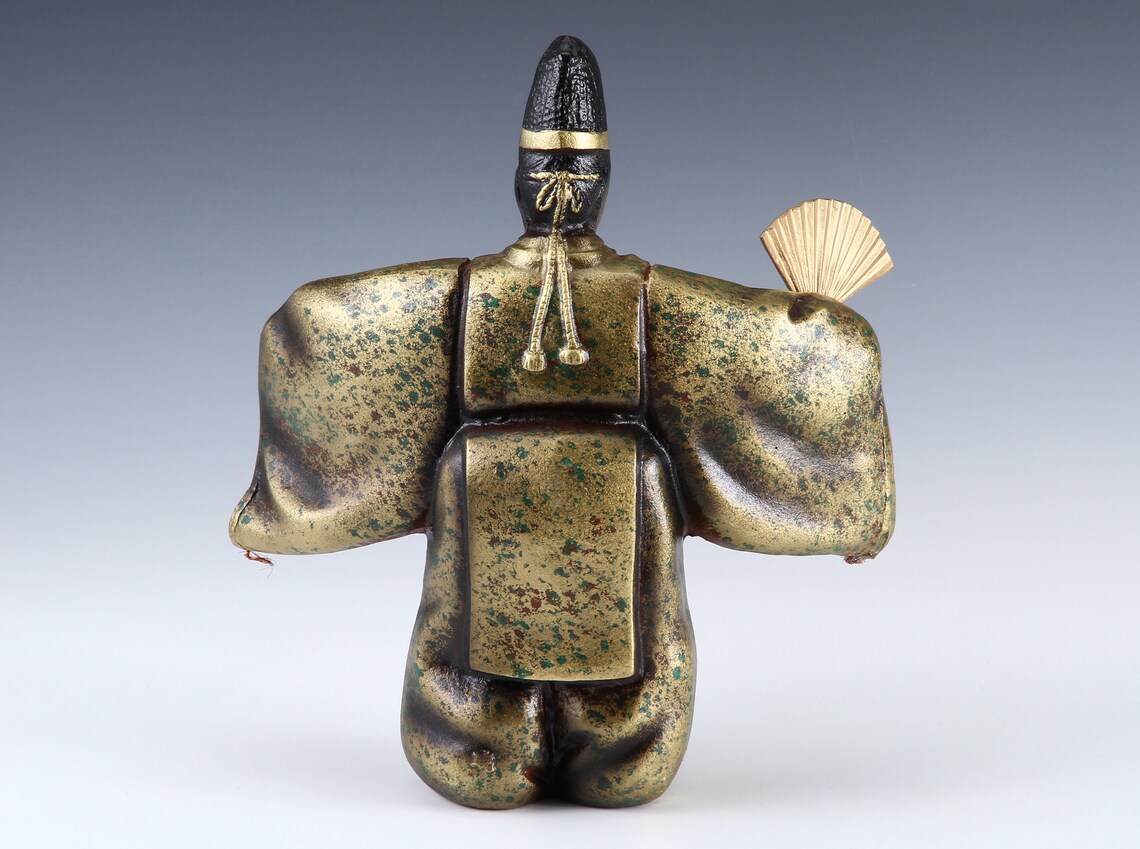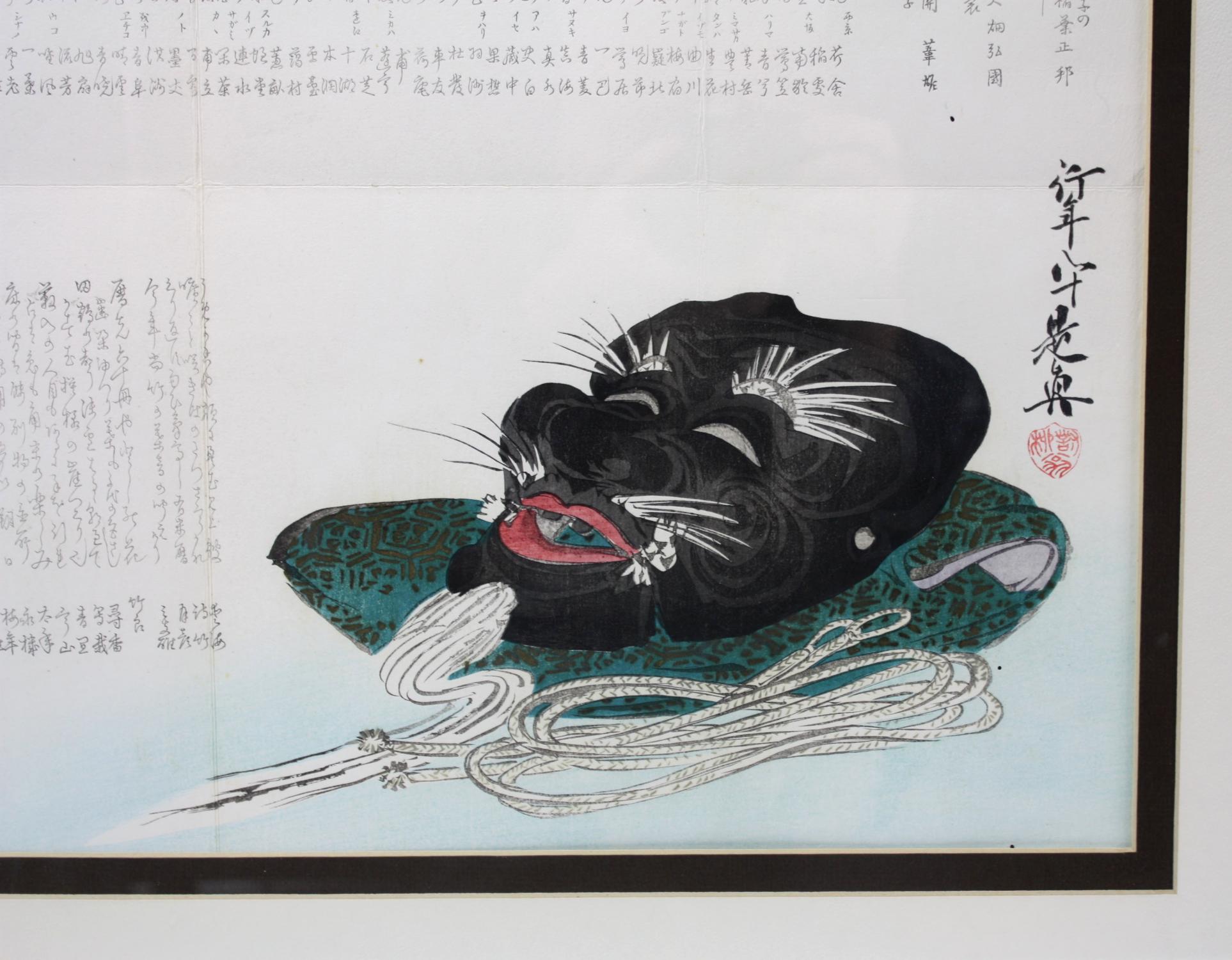

For example, look at the original pronunciation of Honolulu, which was closer to “Honoruru.” More on this shortly when we talk about the famous ha-WHY-ee vs.

It belongs to the same family as the other languages found in Polynesia. Like much of modern-day Hawai’i, the language of the Hawaiian people was shaped strongly by foreign visitors to the island.īefore Christian missionaries arrived in the early 19 th century, the Hawaiian language, or ‘Olelo Hawai’i, was an entirely oral one. However, the story of the language we call “Hawaiian” today is a little more complex. The answer to this question might seem simple, that the Hawaiian language came from the people who made the island their home. Would you rather see us include it? Leave us a note in the comments section at the end of the article! Where Did the Hawaiian Language Come From?

Note: If you look through our other articles, you’ll notice that we don’t use the ‘okina unless it affects the meaning of a word, with the exception of this article. (More on the V/W question in a moment!)Īnd if you want to learn a little more about the history of the language that belongs to your new home, read on! So if you want to pronounce Hawai’i like a native Hawaiian, say: ha-VAI-ee-and don’t forget that glottal stop before the last i. For example, kou means “yours” and ko’u means “mine.” Similarly, moa refers to a chicken while mo’a means cooked. Not only does the ‘okina change the pronunciation of a word, but it can also change the meaning. To practice pronouncing the ‘okina, say the word “uh-oh.” That break between the syllables where your throat closes is the same kind of break you’ll insert where you see an ‘okina. It represents what’s called a glottal stop. That little mark is called the ‘okina, and it’s actually an official consonant in the Hawaiian language. “Oh, and what does the apostrophe-like mark mean in Hawai’i and O’ahu?”.“And, wait, is it ha-WHY-ee or ha-VAI-ee?”.“What’s the right way to say Hawai’i? Is it ha-WHY? Or ha-WHY-ee?”.When customers move from the Mainland to Hawaii, we often get the following queries: One of the things we love about moving people to new destinations is sharing insider information and answering questions.


 0 kommentar(er)
0 kommentar(er)
